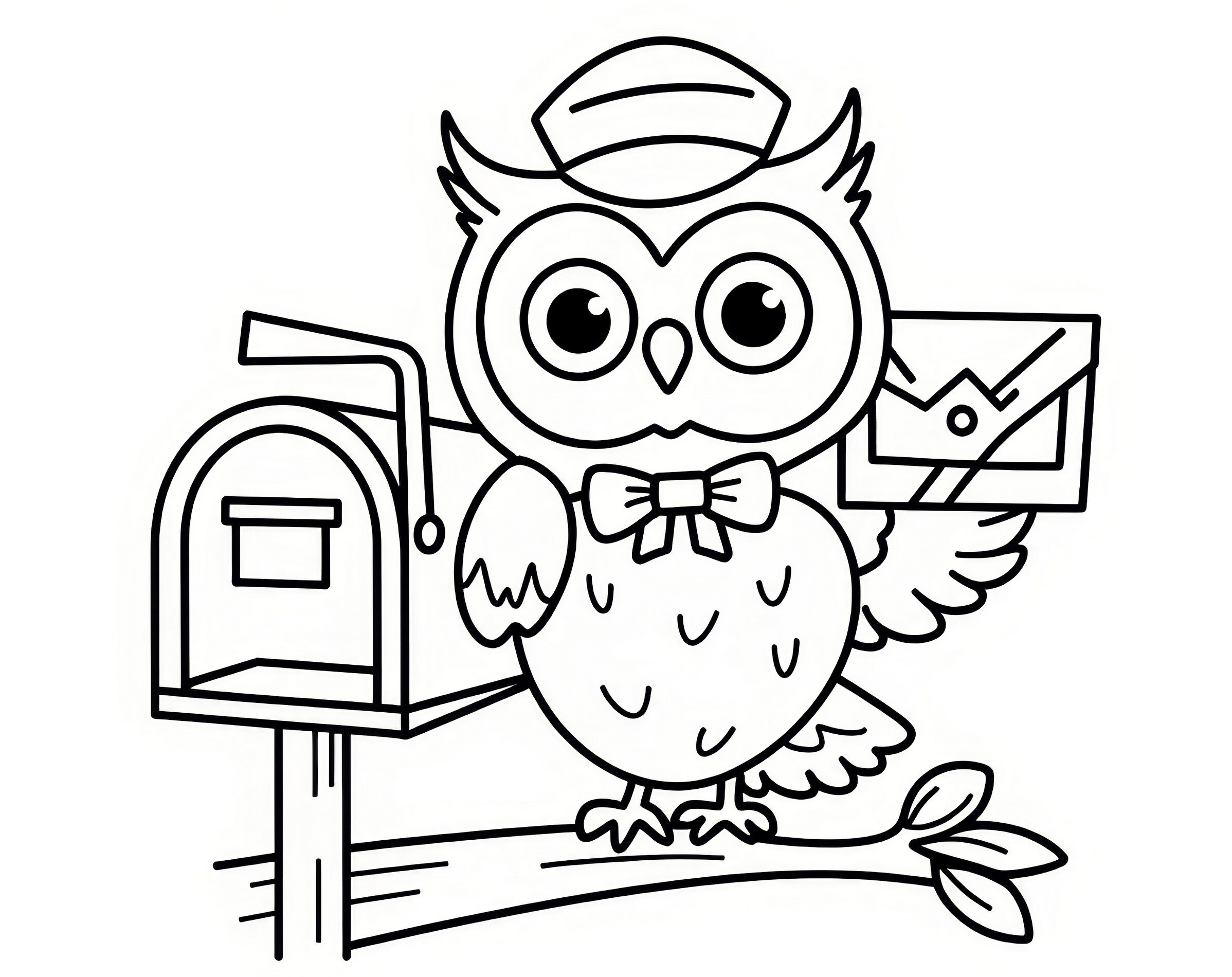Most print professionals agree that automation is essential to improve workflows in their facilities. But it’s not all about AI, sophisticated software, and robotics. We must also consider the people who work in the printing industry. How must they adapt, and who will help them learn the new skills they will need to thrive in a modern print operation?
The printing business is no longer just about running presses. Modern print businesses must be data‑driven, automated, color‑critical manufacturing operations. As an owner, executive, or manager of a print facility, you’ll need staffing plans to address the people side of the business.
Read More
Topics:
MIS,,
Automation,,
news,
print industry,
color management,
staff training,
digital skills,
data technicians,
omnichannel integration,
workflow improvement,
recruiting talent
Brand management isn’t at the top of the to-do list at many print services companies. There are so many other things demanding attention that working on the brand doesn’t seem important. Printing companies often relegate branding to the “when we have time” category of business tasks, which might be a mistake.
It’s possible to run a successful business supported by referrals and repeat business without spending much time on creating and nurturing your brand, but future growth may depend on it. A strong brand establishes a professional image and helps shape the perception customers and prospects have about a printing company.
Read More
Topics:
marketing,
news,
visual elements,
brand management,
brand identity,
print service business,
differentiation,
professionalism,
branding strategy,
customer perception
The path to profitability in printing lies in optimizing efficiencies. It’s almost impossible to achieve reasonable profit levels when waste is too high, costs aren’t under control, and equipment isn’t functioning properly.
Print optimization is all about improving processes to make them efficient, cost-effective, and highly productive. It starts with assessing existing operations to identify whether changes need to be made to equipment, software, administrative functions, or other areas. Perform the assessment before preparing a plan that focuses on hardware and software upgrades, and regular upkeep. The benefits include cost savings, more profitability, and greater competitiveness.
Read More
Topics:
news,
production automation,
staff training,
print shop productivity,
print optimization,
print shop efficiency,
printing software,
equipment maintenance,
reducing print waste,
print production management
Print company customer expectations now revolve around speed, convenience, personalization, and reliability. Print quality and excellent customer service are still important, of course, but these elements no longer offer the competitive advantages they once did. The changing market demands compel printers to evaluate their traditional workflows and seek opportunities to upgrade technology that enables more automation and digital integration.
The Customer Experience
Online portals, automated quoting, web-to-print ordering, and digital proofing reduce friction throughout the buying process. If your operation has yet to implement solutions like these, now is the time to consider your options. Automation investments you make today will simultaneously improve the customer experience, lower your labor costs, and reduce your dependence on seasoned employees (who may be approaching retirement age).
Read More
Topics:
news,
workflow efficiency,
printing automation,
ai,
modernization,
predictive analysis,
printing industry,
customer expectations,
business continuity
When graphic designers and printers work together, they can create high-quality output that satisfies the clients’ goals and stays within budget. Collaboration is essential to produce effective printed materials that meet project objectives.
Here are some tips that will help both groups work together towards a common goal.
NOTE: This article describes the basics. For detailed information helpful for both printers and designers, click through to the linked articles.
Read More
Topics:
print production,
graphic design,
customer satisfaction,
reviewing proofs,
collaborating with designers,
building strong partnerships,
proactive feedback,
project goals,
mutual respect,
creative projects,
graphic design questions for printers
The worlds of print and digital marketing and communications continue to be more integrated and complementary. Today, no communications manager or marketer would focus on one platform
without integrating its execution with others. It’s simply how consumers absorb information today.
Designing for print and digital platforms can be quite different. They feature various substrates, resolutions, file formats, and production processes; yet the trend is to make projects work seamlessly despite the differences.
Read More
Topics:
news,
user experience,
interactive design,
responsive experiences,
audience engagement,
print and digital integration,
adaptive content,
immersive experiences
Have you ever turned down a job or not secured all the business you can from clients because you can’t execute particular work? Maybe it’s time to consider finding partners who can fill those production gaps.
Outsourcing is a strategy that ebbs and flows according to all sorts of market conditions. But in today’s hyper competitive environment, tight labor market, and less than ideal borrowing climate, it’s something to consider. The key is to approach outsourcing opportunities strategically, so they add value and decrease costs.
Read More
Topics:
news,
partnerships,
outsourcing,
augmenting services
Print service providers have experienced a labor shortage of skilled workers for the past decade, and the COVID-19 shutdown exacerbated this condition. While the printing industry faces challenges due to the rapid growth of digital media, direct mail, brochures, and in-store signage remain more responsive than their electronic counterparts. Finding skilled print professionals to produce hard copy marketing and transactional documents is challenging. Fewer college and trade school graduates are entering the field. In this article, we’ll examine the challenges printers face in attracting and retaining qualified employees, as well as strategies to address these issues.
Read More
Topics:
Automation,,
news,
recruiting for the print industry,
labor shortage,
print employees,
hiring,
recruiting
In 2022 OpenAI released ChatGPT and suddenly AI was on everyone’s radar, raising hopes, fears, and confusion in equal measure. Actually, AI has been around for some time, and we’ve all been using some form of it, often without realizing it.
ChatGPT is an example of generative AI, an advance on traditional AI. Traditional AI uses algorithms to execute repetitive tasks or single activities, like translating text, or converting currency. It’s task based. Generative AI is different in that it can create something new. It absorbs vast quantities of content, learns from it, and produces new content when prompted to do so.
Tools like ChatGPT can create sales proposals, blogs, and other marketing materials. A design tool like DALLe can create new designs based on prompts, but also analyze trends, identify user preferences, and suggest design elements that resonate more effectively.
Read More
Topics:
news,
content creation,
sales and marketing,
NAPCO study,
ai strategy,
generative ai
We all fixate on size at times. If you’re a smaller printer, it can be daunting to compete against bigger, more sophisticated, and wealthier companies. Sometimes, though, size can work in your favor.
Smaller companies are often more nimble and can pivot quickly to innovate without having to navigate excess red tape and bureaucracy. Companies that serve local markets, for example, may find it easier to network and forge community ties that can turn into business. Smaller firms also have the advantage of lower overhead costs.
But if you find yourself facing bigger competitors, several strategies can help you flourish.
Read More
Topics:
news,
customer experience,
competitive advantage,
small printers,
large competitors,
niche markets,
specialized equipment,
local markets
Streamlined mailing processes can unlock improved efficiency and cost reductions for print service providers and in-plant print operations. Enhancing these processes can drive increased productivity, shorten turnaround times, and elevate customer satisfaction.
For print operations, the journey toward optimizing mailing processes involves focusing on aspects such as quality control, postage rates, and personalized direct mail. Emphasizing efficiency can lead to substantial benefits.
Integrated mailing operations strengthens the operational workflow. Applying data analytics for targeted mailing campaigns and automating workflow processes decreases manual interventions, resulting in a smoother operation. A thorough understanding of postal issues, combined with strategic use of software and hardware, can revolutionize the way print service providers and in-plant operations handle their mailing tasks. Updating the mailing operation can convert a dreaded chore into a customer satisfaction strategy and a new revenue source.
Read More
Topics:
Automation,,
Workflow,
news,
efficiency,
Mail operations,
streamlining,
mail production,
productivity
Success for print businesses depends on optimizing operations that enhance efficiencies, reduce costs, and reliably deliver the immediate responses most clients crave.
Optimization has always been a driver for success, of course. What’s different today is the hyper speed of doing business and demand for 24/7 service, compounded by the challenges of scarce skilled workers, inflation, tight margins, and other economic uncertainties. In this complex business environment, technologies that automate and digitize business processes form the heart of an optimized business. Most shops will have to keep the following items top of mind.
Read More
Topics:
Workflow,
news,
print technology,
ai,
artificial intelligence,
print operations,
robotics
"Resilience" has emerged as a crucial term for printers and corporate print departments navigating a complex landscape of challenges. With potential staffing shortages, economic volatility, and the ever-present threat of outsourcing and competition, print industry professionals seek strategies to fortify their operations against potential disruptions. They face choices that demand proactive measures and a forward-thinking mindset.
To empower print companies to sustain and bolster their operations, experts recommend several strategic actions emphasizing evolution and diversification. These approaches offer a path forward for organizations dedicated to maintaining their competitive edge.
Read More
Topics:
news,
Resilience in print industry,
risk assessment for printers,
staffing solutions in printing,
diversification in printing services
Powerful artificial intelligence (AI) solutions from Google, Microsoft, OpenAI and other developers have already revolutionized the image creation process. Forbes has written that AI could be the key to unlocking the $14.7 billion 3D printing industry’s true potential, making additive-manufacturing processes more efficient and less costly. What might AI be able to do for your business?
Establishing a robust AI strategy is crucial for future industry leadership, according to the Boston Consulting Group. Companies that fail to adopt this disruptive technology risk falling far behind. All print companies should learn how to use AI to streamline customer interactions, create innovative solutions, and revise internal processes. Sure, AI can be intimidating but, truth be told, most people have been using it without really being aware.
Read More














